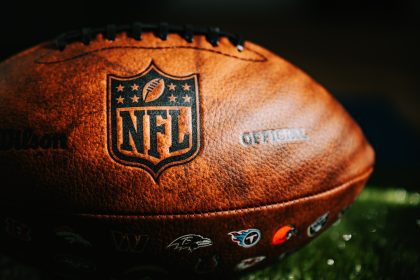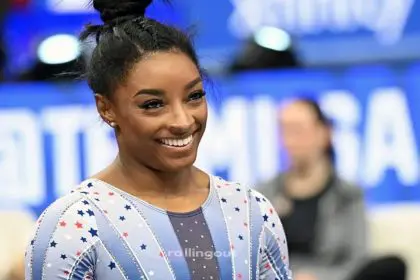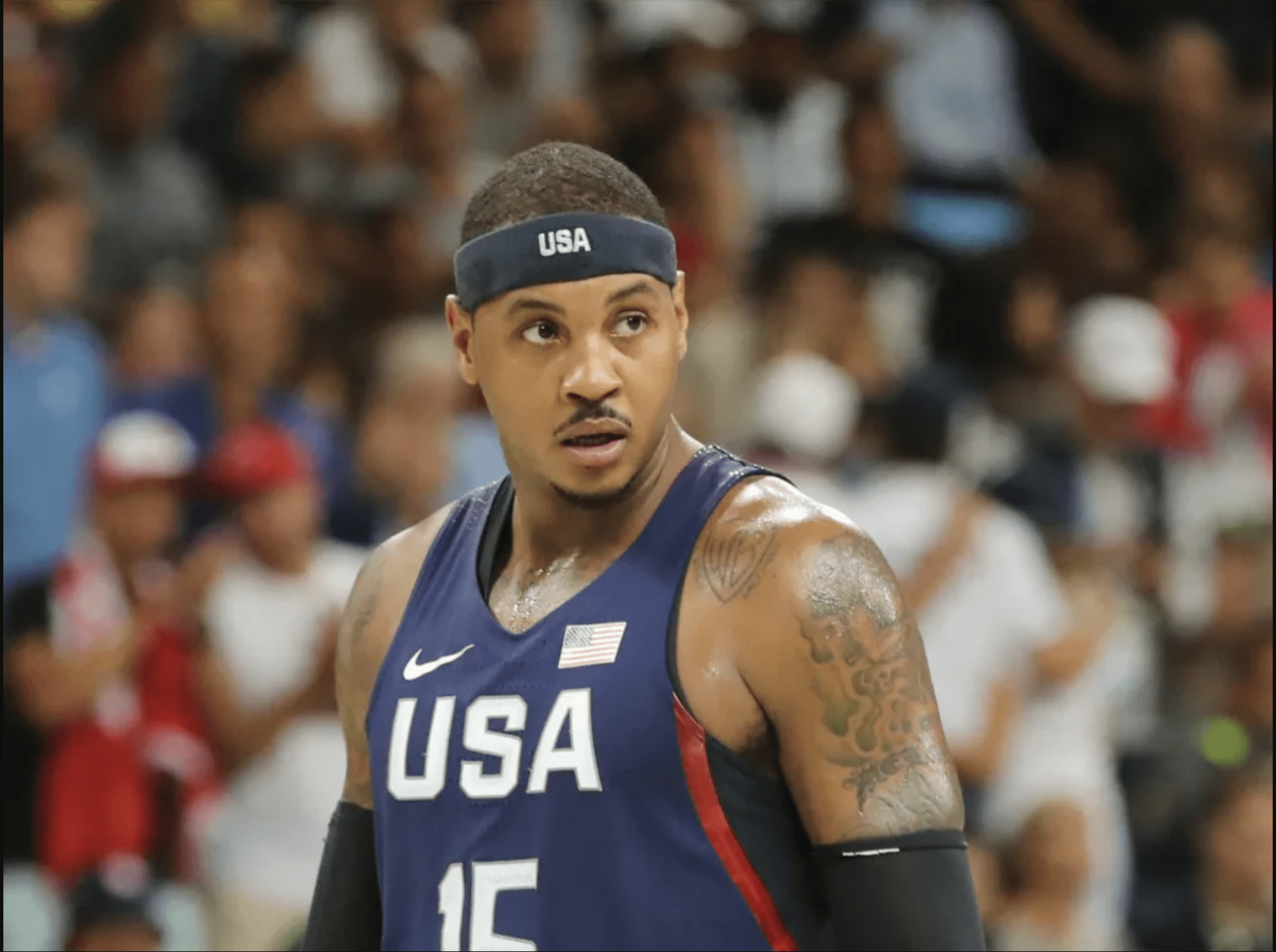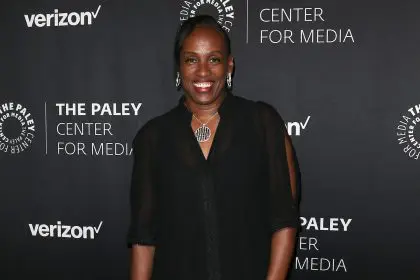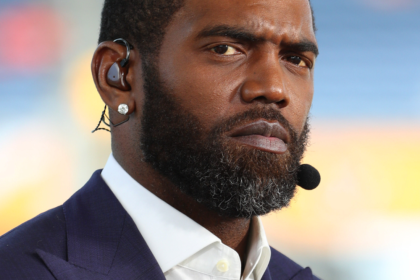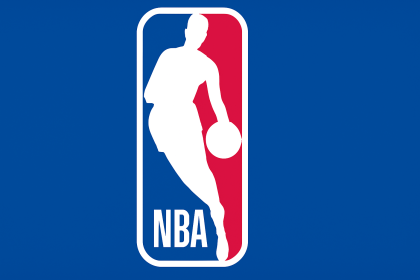
On the morning of Oct. 16, 1968, John Carlos and Tommie Smith would change the landscape of the Black power movement. After winning medals at the Olympics in Mexico City, Carlos and Smith put on black gloves and raised their fists to shed light on the struggles of Black people as the American National Anthem played.
The raised fists, with heads bowed, shocked many Americans and also proved that Black struggle would no longer be tolerated without repercussions. Eventually, the Black power fist became a staple for the fight for freedom from the 1960s until what is occurring now with Black Lives Matter.
Dr. Carlos recently sat down with rolling out to discuss his new book, the historic gesture and how young activists must continue the fight.
Let’s start with your latest book, The John Carlos Story, what inspired you to write this book?
The inspiration for the book is that so many people has written about me and spoken about me in different magazine articles and news articles. However, probably 85 percent of those individuals never crossed my path to sit down and talk to me about my life or my history. I feel it is imperative that I write a book that tells the truth, the whole truth, and nothing but the truth about my history for the sake of my children. So, they would say this came from my father’s mind, heart and soul. That was the main premise behind the book, to have it for my kids as well well as tell the truth to people that want to know about my life.
Let’s go back to 1968. What do you remember most about the initial opening ceremony?
I don’t believe that any Olympic games had the energy and the spirit running through the stadium as they had 1968. We had the greatest team of athletes to come out of America at that particular time. But I might have to go as far as to say the greatest athletes from around the world. It was high energy on both sectors. It was high energy on the athletic field, in terms of the competitiveness among the athletes. There was extraordinary high energy amongst the fans, the electricity running through the stadium in terms of them being there to see the performances of the greatest athletes of that time.
In 1968 it was not just sports, but a lot was going on back home in America. What were some of the issues that were going on in America during those games?
It wasn’t just in America. We can go so as far as to say a lot was happening around the world. We had the Vietnam War going on, we had Tiananmen Square going on, we had the assassination of Dr. King, and the assassination of Kennedy. We had a tremendous amount of things taking place. The Civil Rights era was just picking up steam at that particular time. So it was a tremendous amount of things going on at a universal level. We just did our part in bringing attention to the people of color in this world.
Before that statement, can you talk about that initial moment when you guys just decided to make that statement, and what kind of statement you guys wanted to make?
Well, I went to Mississippi and I felt that I was disenchanted by the fact that the boycott was called off and I wanted to make a statement. And Tommie [Smith] said, ‘I want to make a statement as well.’ So collectively, we got together and came down with all of the facts that we were going to bring to the table to make a political statement. To cover all aspects of what was affecting people of color and blacks in particular.
And so when you guys finally made that statement, what was that moment like for you?
The first thing that came to my mind, once I heard all of the boos and cheers, was that I felt that all the shackles had been broken away from my neck and they would never put shackles and chains on me again in life. Could never depress or oppress my mind.
When you made that statement, what was the backlash form America? What there any backlash?
There’s always backlash when you strike out against the White society and let them know their errors and let them know the oppression that they put on, not just Blacks, but minorities around the world. There was absolutely backlash, but there was backlash for Jesus Christ, too. There was backlash for Dr. Martin Luther King, there was backlash for any third world person who stepped up and said enough is enough. So I mean, that comes with the job.
Let’s talk about the Black fist. The Black fist has been now one of the biggest trademarks for Black empowerment. Seeing how far it has come right now with Black Lives Matter, what are your thoughts on how far it has come?
Well you know, the Black fist comes about relative to Black unification. You understand, Black unity is the most important thing. The Black power in Mexico City was running down that track, that was the Black power. But in terms of what is coming together for third world people, it becomes a very powerful force. That was the essence of the fist, us unifying ourselves. Saying we unify to make a statement against the ignorance in society and it’s affecting us more than anything.
What advise can you give to young freedom fighters?
The main thing is to let them know that this is not a moment in time, this is a movement in time. A movement is something that happens in the duration of your life to make change. Changes that we’re fighting for are not necessarily going to appear in our lifetime, but fight to make it better for our kids and their kids. So remember that it is not a moment in time, it’s a movement in time. You can’t do it today and come out the pool and say ‘Oh yesterday is done, I did my part.’ No, you do your part for the duration of your life and try to make a better situation for any individual coming after you.


